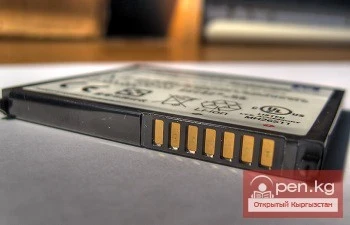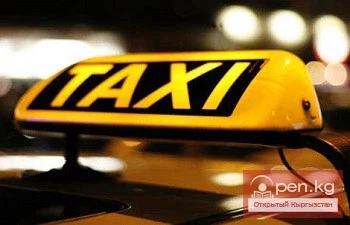
Evaluating this list, the Prime Minister of Kyrgyzstan, Temir Sariev, stated the need to postpone the implementation date of this list. He also mentioned the necessity to simplify the prior notification procedure and to review the list of goods imported for personal use by individuals into the republic. It should be noted that new rules for the movement of goods across the state border within the EAEU, which provide for a prior notification procedure for the upcoming import of goods into the country, are planned to be introduced on March 10.
– The new mechanism for prior notification and the list of goods imported for personal use requires further development. Therefore, it is necessary to move the deadlines for the enactment of this resolution, – said the Kyrgyz Prime Minister.
The Kyrgyz government reports that the new rules for the movement of goods within the EAEU and the introduction of the list of goods are aimed at ensuring detailed accounting of imported goods to provide equal competitive conditions with similar products from domestic producers.
According to the list (the State Tax Service claims that the list was prepared by the Ministry of Economy of the Kyrgyz Republic), an individual can import into Kyrgyzstan without any prior notifications no more than 10 kilograms of meat and fish, up to 5 liters of dairy products, 0.5 kg of flour and other cereals, and no more than 10 eggs. It is also prohibited to carry more than one item from the following list: telephone apparatus, CDs, tapes, solid-state storage devices, corals, shells, mollusk shells, brooms, brushes, mops, hand sieves and strainers, chalkboards, cigarette lighters, smoking pipes, cigar and cigarette mouthpieces, combs and hairbrushes, thermoses. Additionally, no more than five pencils and pieces of chalk for drawing can be imported.
It is also worth noting that the International Civil Aviation Organization will prohibit the transport of lithium-ion batteries on passenger aircraft starting in April. This ban will only apply to the transport of lithium-ion batteries in the cargo hold.











































